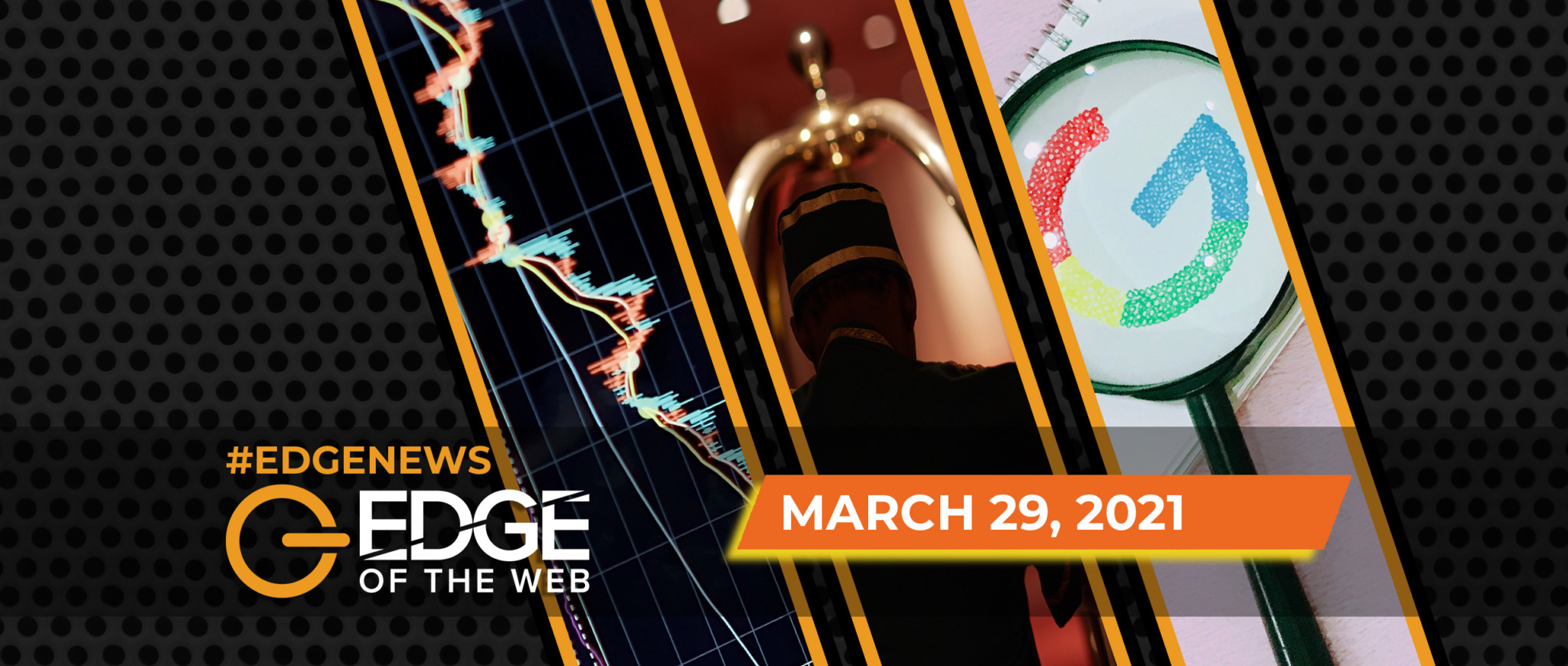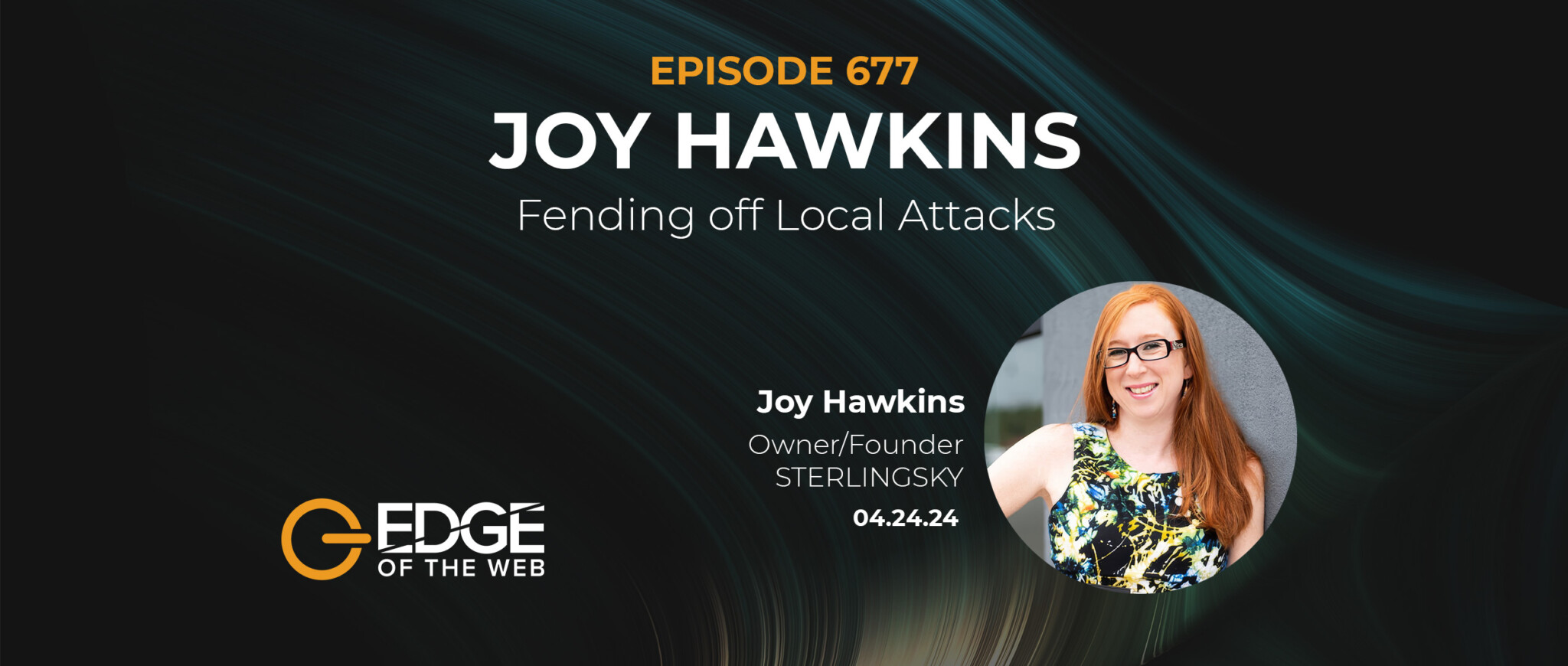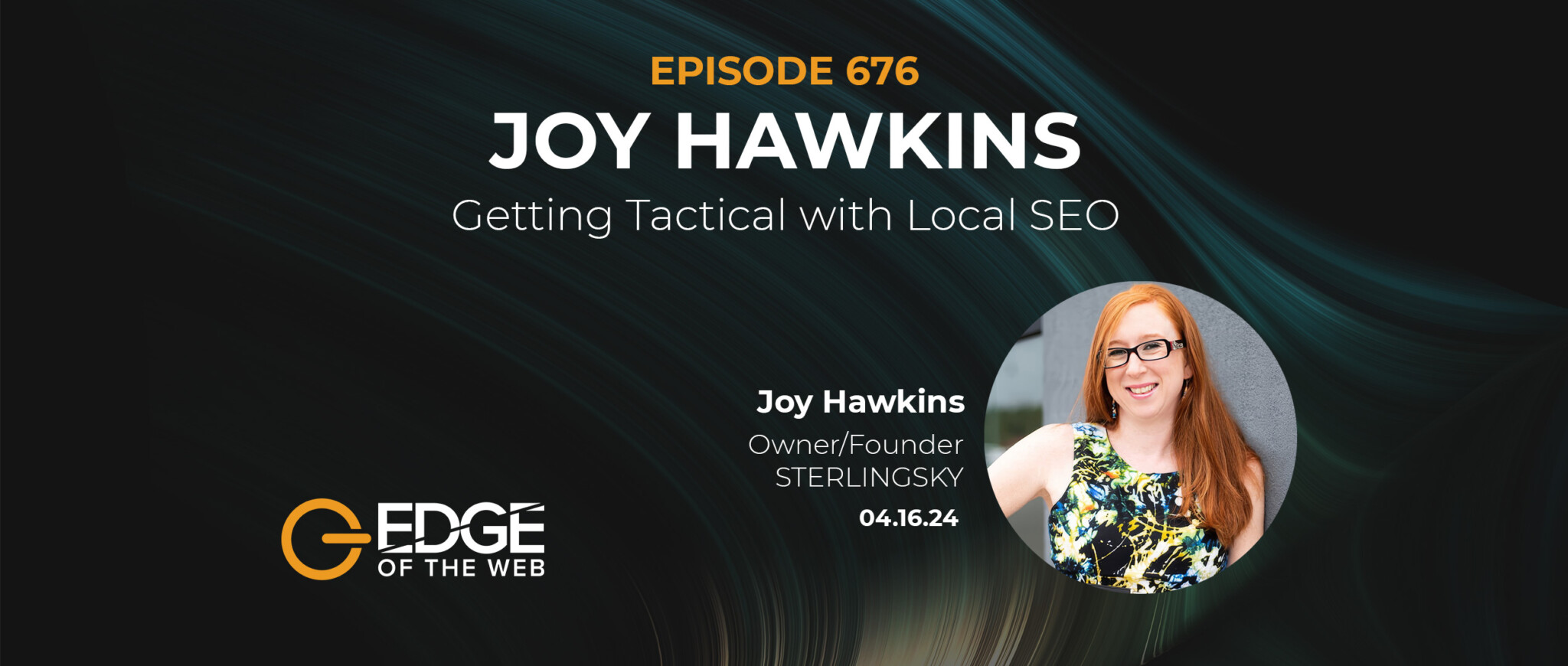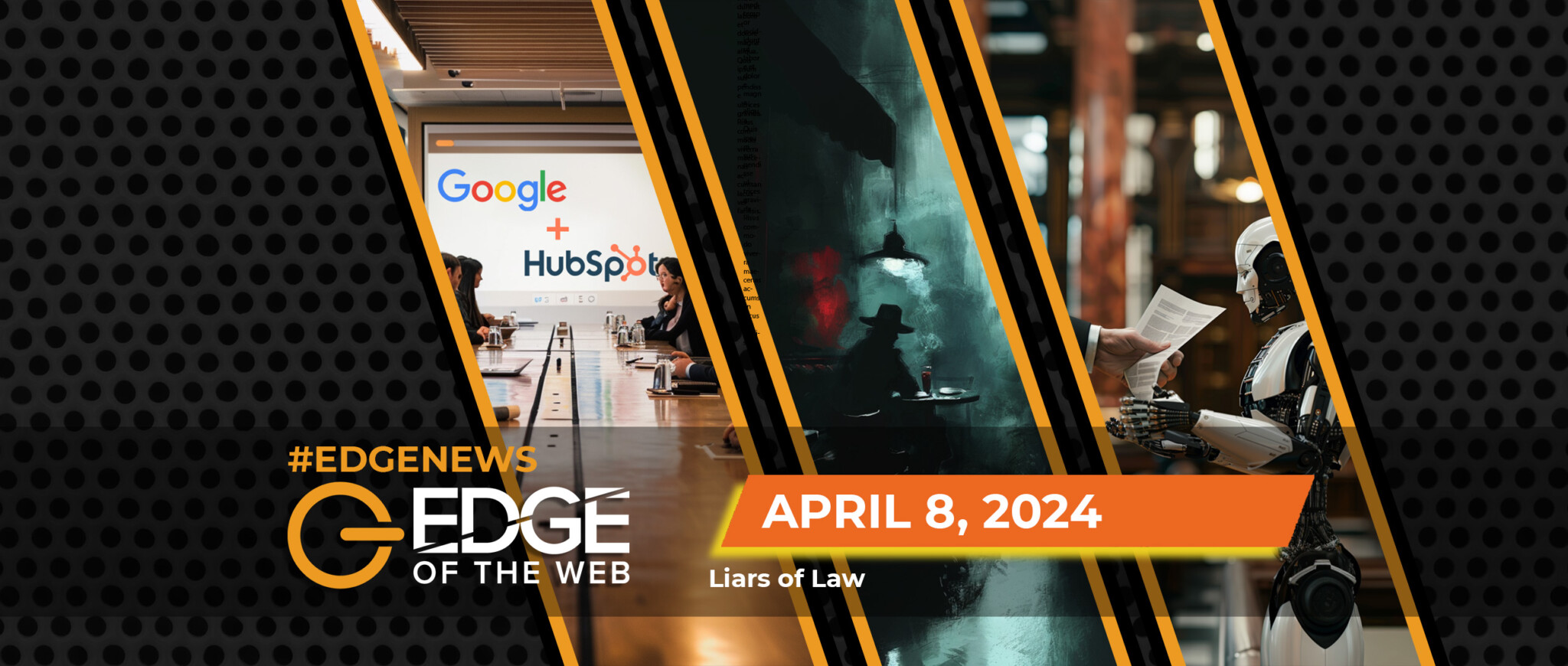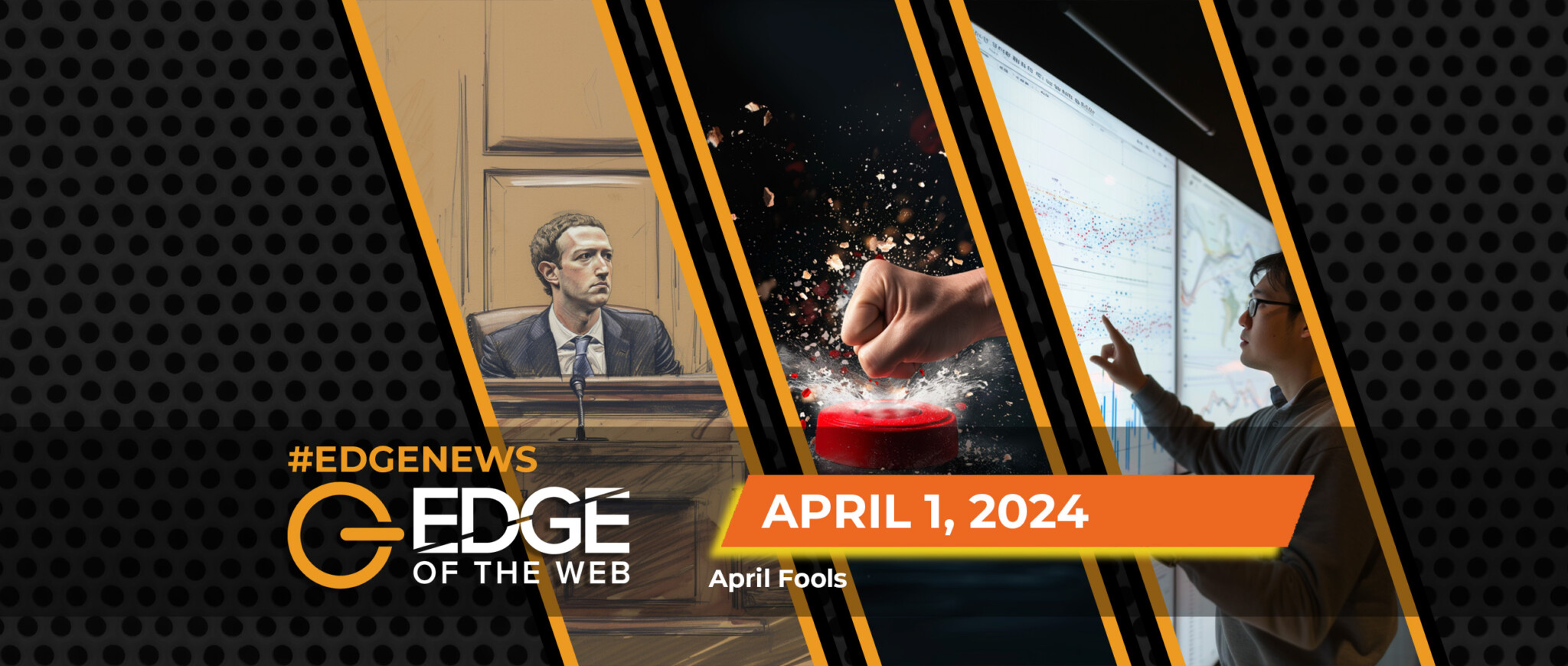Host Erin Sparks and Studio Creative Director Jacob Mann along with Mordy Oberstein, Wix’s SEO Liaison, pick apart some fascinating digital marketing and SEO headlines this week, including the SEMrush IPO, hotel property promotion ads on Google, and a sharp increase in “zero-click” Google searches in 2020. Get the news you can use in this week’s news roundup, episode 406 of the award-winning EDGE of the Web podcast!
SEMrush IPO
From Aaron Wall on SEO Book we get some analysis on the SEMrush IPO. On Wednesday (March 24) SEMrush priced their IPO at $14 a share and listed Thursday (March 25). There have been many marketing and online advertising companies which are publicly traded, but few so focused specifically on SEO while having a sizeable market cap. According to this SeekingAlpha post at the IPO price SEMrush had a valuation of about $1.95–1.99 billion.
- Erin Sparks: We’re big fans of SEMrush and this was just really nice to see such a milestone being achieved. Be sure to check out the SEMrush IPO: Founders Letter as well. A full-on SEO platform/company has gone public. Awesome!
- Mordy Oberstein: It’s a good SEO tool and there are a lot of great people at SEMrush, so this is all good. Of course there’s been a bit of drop in the stock price since the IPO, but that’s not at all uncommon. Maybe if they just buy more links it’ll go back up.
- Erin Sparks: They came out of 2020 with something like $56 million in profits, which is both impressive given the pandemic year, but also not unexpected given everyone was trying to go digital at once. I think it’s really the first all-SEO company to go public.
- Mordy Oberstein: I feel like it was back in 2015-2016 where they started to really push hard with marketing and look how far they’ve come since then. It’s amazing.
Google Announces Global Launch of Property Promotion Ads for Hotels
On Search Engine Land from Carolyn Lyden, we see that Google announces global launch of property promotion ads for hotels. Property promotion ads are now available globally for hotels looking to capture demand for users who are searching but don’t know what hotel they’d like to book. “They show prominently in search results for geographical locations, allowing advertisers to position-specific hotels in a particular place. Previous to this launch, direct participation in property promotion ads was done through a whitelist.”
- Erin Sparks: So these ads are showing up in geographical searches, and in some knowledge panels for hotels as well.
- Mordy Oberstein: First of all, you have to admit that Google’s travel site is really amazing, much better than other sites. If you click through from the local pack to the travel site, you’ll see a listing with one or two sponsored results, but they’re from the hotel itself, giving hotels a little bit more control over their listings. But it’s a Google Travel interface you’re seeing, not an actual knowledge panel for the hotel. And so the “sponsor” tab on these is the actual hotel itself to book through them (as opposed to the other hotel booking sites). The “pricing” tab will give you all of those other options to go through if you want. More of it is pointing back to the actual hotel website, which is nice to see.
- Erin Sparks: Except you have to sponsor your own listing to make it happen, which doesn’t seem quite right.
In 2020, Two Thirds of Google Searches Ended Without a Click
From Rand Fishkin on SparkToro we discover that In 2020, Two Thirds of Google Searches Ended Without a Click Search. In August of 2019, 50.33% of all Google searches ended without a click to any web property in the results. Today, thanks to new data from SimilarWeb, I’ve got a substantive update to that analysis. From January to December, 2020, 64.82% of searches on Google (desktop and mobile combined) ended in the search results without clicking to another web property. That number is likely undercounting some mobile and nearly all voice searches, and thus it’s probable that more than 2/3rds of all Google searches are what may be called “zero-click searches.”
- Erin Sparks: There’s a big ongoing debate in the SEO community about the extent to which Google users can do these “zero-click” searches.
- Mordy Oberstein: I was actually going to take this week off until I saw you had this topic on the agenda.
- Erin Sparks: So the problem many have with this is how Google is getting so good at answering user questions right on the SERP that they don’t even have to click through to the actual website, which means CTRs (click-through rates) are going down and the company loses an opportunity to convert that user into a lead or sale.
- Mordy Oberstein: One perspective out there is that Google hates your website, hates you, and wants to take away all your traffic, destroy your company, and eat your children. That’s what some people want to take away from this. There are problems with the study. There’s no nuance to the data whatsoever, which means it’s misrepresenting and probably vastly overstating the case they clearly want to make. Of course there are tons of no-click searches. Lots of people search on things, then decide to refine their search as they see the results, and every time they do that is a no-click search. How many of these are weather searches where you would never click through to the website anyway? Or how about a sports schedule? Give me the results on the SERP because I don’t need or want to click through to the website. In other words, there are TONS of searches that SHOULD be no-click searches, but this study just lumps them all together as EVIL. Remember, Google’s purpose is to get the information users are looking for to them as quickly and painlessly as possible, and no-click searches do that. Google’s purpose is not to send users to your website so you can convert them. You can’t really get on Google’s case for doing what’s best for its users! I’m not saying no-click searches aren’t problematic in some ways, but there’s just no nuance coming from either side of the debate. Every SEO “study” should start off with a transparent admission of the limits of the study, and none of them ever do that. A study would be more credible that way, and help people know how to use the data and the results. What SEOs need to do is step back and ask themselves, what is the message Google is sending? The message is stop trying to go high-level content for volume traffic and instead write highly focused, highly nuanced content that is so dialed in to what users need, they will click through to your site. That’s how you win in this game now.
- Erin Sparks: And if your content is good enough to nab a featured snippet space, there’s huge branding value to that even if you don’t get a ton of traffic from them.
- Mordy Oberstein: But you do get lots of traffic from featured snippets, because if you didn’t we wouldn’t even be talking about them, right? And yes, there can be some branding value over time if you keep getting surfaced. But the traffic loss angle is way overplayed by too many people. And we don’t even have enough well-presented, nuanced data to even know for sure what’s going on.
Be sure to check out SEO chat this week on Twitter with guest host George Nguen from over at Search Engine Land. And yes, the topic is going to be…zero-click searches! Join in on Twitter by tuning in to #SEOchat on Thursday at 1:00 pm eastern standard time.







